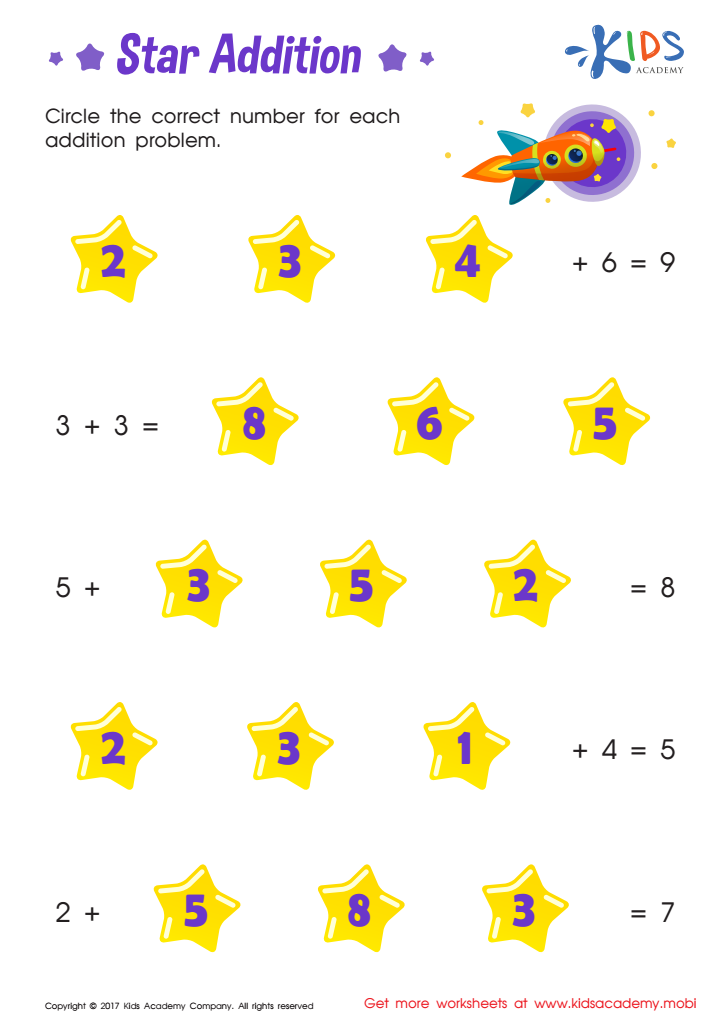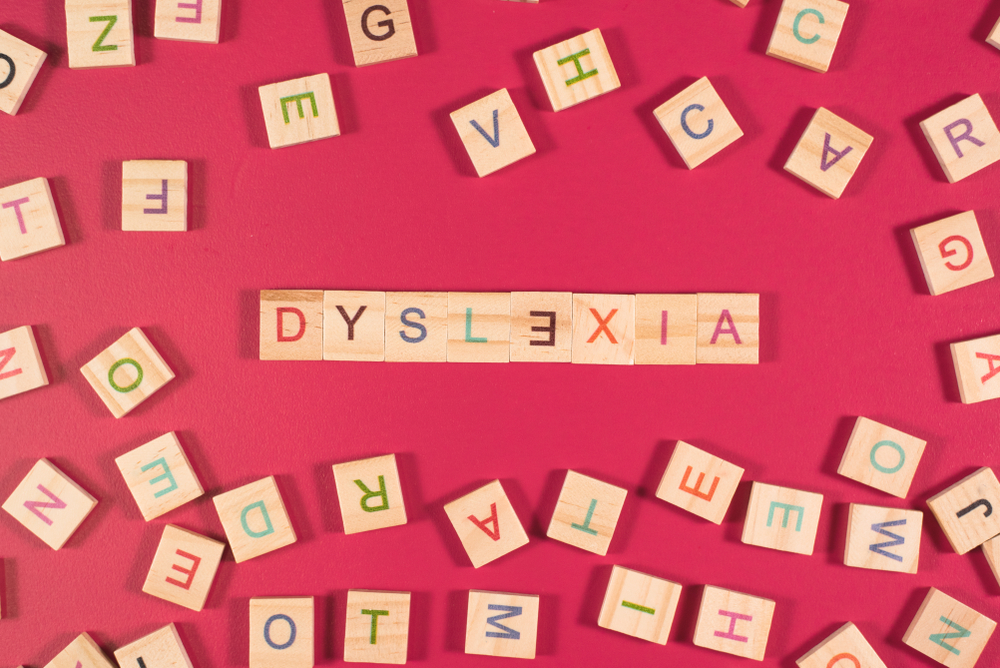Addition principles Worksheets for Kids
1 filtered results
-
From - To


Star Addition Printable
Question/Answer
Why is the Addition principles skill important for Kindergarten students?
The Addition principles skill is important for Kindergarten students because it lays the foundation for mathematical understanding and critical thinking. It helps them grasp basic arithmetic, fostering problem-solving and logical reasoning skills early on. This foundational knowledge is crucial for their success in more complex math concepts and everyday life situations involving calculations.
What are some effective activities to train students’ Addition principles skill when teaching them about Addition & Subtraction?
Effective activities for teaching addition principles include using manipulatives like blocks and counters for hands-on learning, playing addition games that incorporate movement or competition, creating story problems that connect math to real life, using number lines to visually represent addition, and employing flashcards for quick recall practice.
How does the mastery of the Addition principles skill affect a student's performance at an early age?
Mastery of addition principles at an early age significantly enhances a student's mathematical performance. It lays a foundational understanding for more complex arithmetic and mathematical concepts, improves problem-solving skills, and boosts confidence in math-related tasks. Early mastery facilitates a smoother transition into advanced topics, contributing to overall academic success.
 Assign to the classroom
Assign to the classroom












